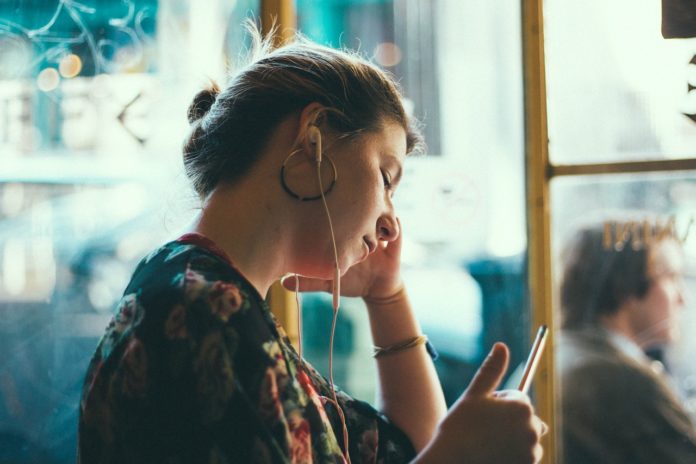Social media linked to higher risk of depression in teen girls
Teen girls are likely to show depressive symptoms linked to social media use twice as much as boys. This is mainly due to online harassment and disturbed sleep, as well as poor body image and lower self-esteem, according to new University College London research.
The participants completed information on their social media use, online harassment, sleep patterns, self-esteem and body image – all of which are potential pathways to having depressive symptoms.
Additionally, they completed a Moods and Feelings Questionnaire – a widely validated internationally used screening (not diagnostic) tool for depressive symptoms. The questionnaire has 13 questions and asks young people about whether, in the previous two weeks, they have felt miserable, cried a lot thought they could not be as good as others, found it hard to think properly or concentrate (for example).
The researchers found that 14-year-old girls were heavier users of social media with two fifths of them using it for more than three hours per day compared with one fifth of boys. Only 4% of girls reported not using social media compared to 10% of boys.
The findings also showed that 12% of light social media users and 38% of heavy social media users (five or more hours a day) showed signs of having more severe (clinically relevant) depression.
40% of girls and 25% of boys had experience of online harassment or cyberbullying and 40% of girls compared to 28% of boys said their sleep was often disrupted
“The link between social media use and depressive symptoms was stronger for girls compared with boys. For girls, greater daily hours of social media use corresponded to a stepwise increase in depressive symptoms,’’ explained Professor Yvonne Kelly (UCL Institute of Epidemiology & Health Care)
“For boys, higher depressive symptom scores were seen among those reporting three or more hours of daily social media use.”
When the researchers examined the underlying processes that might be linked with social media use and depression they found 40% of girls and 25% of boys had experience of online harassment or cyberbullying and 40% of girls compared to 28% of boys said their sleep was often disrupted. When it came to body image, self-esteem and appearance – while more girls were affected, the gap with boys was not as great.
Researchers found the most important routes from social media use to depressive symptoms were shown to be via poor sleep and online harassment. Social media use was proportionately related to less sleep, taking more time to fall asleep and more disruptions during sleep. In turn, depressive symptom scores were higher for girls and boys experiencing poor sleep.
Time spent on social media was related to involvement with online harassment which had direct and indirect associations (via sleep, poor body image and self-esteem) with depressive symptom scores. The pathways from social media to depressive symptoms were the same for girls and boys
Professor Kelly added: “These findings are highly relevant to current policy development on guidelines for the safe use of social media and calls on industry to more tightly regulate hours of social media use for young people. Clinical, educational and family settings are all potential points of contact where young people could be encouraged and supported to reflect not only on their social media use, but also other aspects of their lives including on-line experiences and their sleep patterns.
“At home, families may want to reflect on when and where it’s ok to be on social media and agree limits for time spent online. Curfews for use and the overnight removal of mobile devices from bedrooms might also be something to consider.”
Shirley Cramer, Chief Executive, Royal Society of Public Health (RSPH) commented: “This important new research confirms that we need to increase awareness and understanding amongst parents, schools and policy makers about the role of social media in our young people’s mental health, particularly taking into account the increased risks for girls.”
The study was funded by the Economic and Social Research Council (ESRC).


